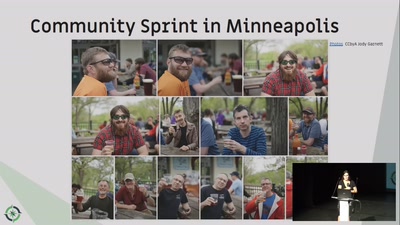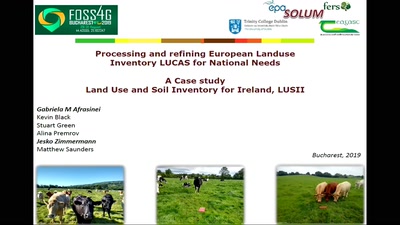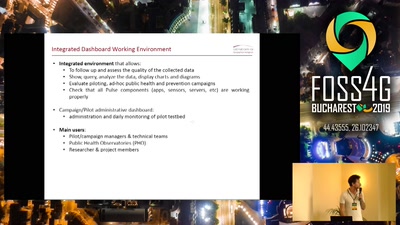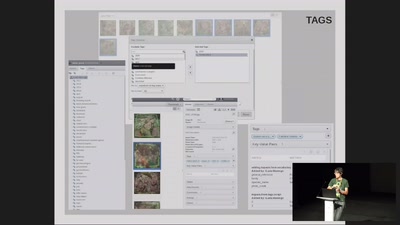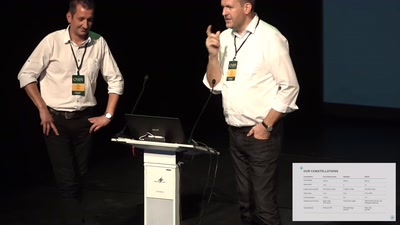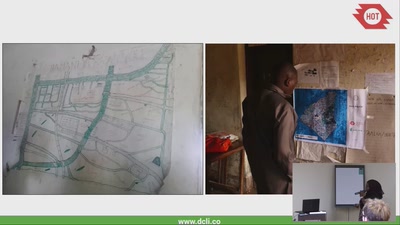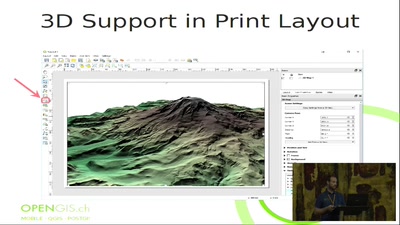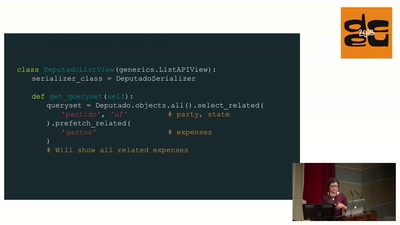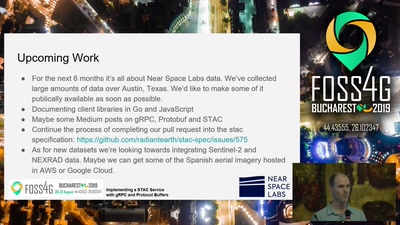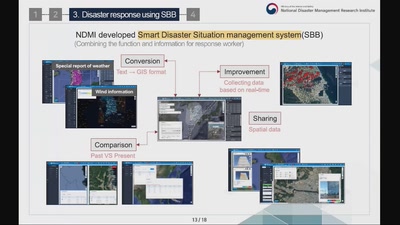Victoria Rautenbach, Cameron Green and Serena Coetzee
When disaster strikes developing countries, a lack of geographic data is often a hindrance to first response and relief operations. To address this lack of geographic data, remote mapping and especially mapathons have played an important role in collecting geographic data in OpenStreetMap (OSM) that can be used to plan activities in areas effected by disaster or other humanitarian efforts. During mapathons, volunteers from various backgrounds get together to map a specific area using satellite imagery or aerial photographs. The expertise and motivation of these volunteers generally differ. Even though the geographic data in OSM is invaluable in cases where little to no data is available, the quality of the data collected during mapathons is often questioned. In this paper, we present our results from an evaluation of university students’ motivation for participating in mapathons and their productivity (i.e. how much data they contributed).
To achieve our aim, we hosted four mapathons for final year university students where the participants were asked to complete a short questionnaire to determine their motivations and personal opinions of the mapathon. Afterwards, the productivity for two mapathons were evaluated. Final year students enrolled in a geoinformatics module were offered extra credit for participating in the mapathons. As a result, the majority of the students participated in all four mapathons and the answers did not differ significantly between the four mapathons.
One of the main reasons mentioned, apart from extra credit, was that the participants felt a sense of humanitarianism through contributing to communities in need by assisting. Additionally, the social aspect also came through with a large percentage of the participants indicating that mapathons are fun and that they learned something new, for example by improving their digitizing skills or that humanitarian organizations need help. Participants also indicated that the tools (i.e. OSM and iD editor) were easy to use, but that the imagery is sometimes not good enough due to cloud coverage. The general productivity for two mapathons was evaluated and we found that with more experience the participants were generally more productive. A further step was taken by investigating five individuals productivity. It was clear that their productivity increased, and that they made fewer errors during the subsequent mapathons.
The results from this evaluation provided insight and knowledge that could assist mapathon organisers to create a more productive environment for participants with the hopes of encouraging them to produce high quality data. The feedback from students was clear that if they receive information about the aim of a mapathon and why the data is important, they are more motivated to produce high volumes of quality data.
None

